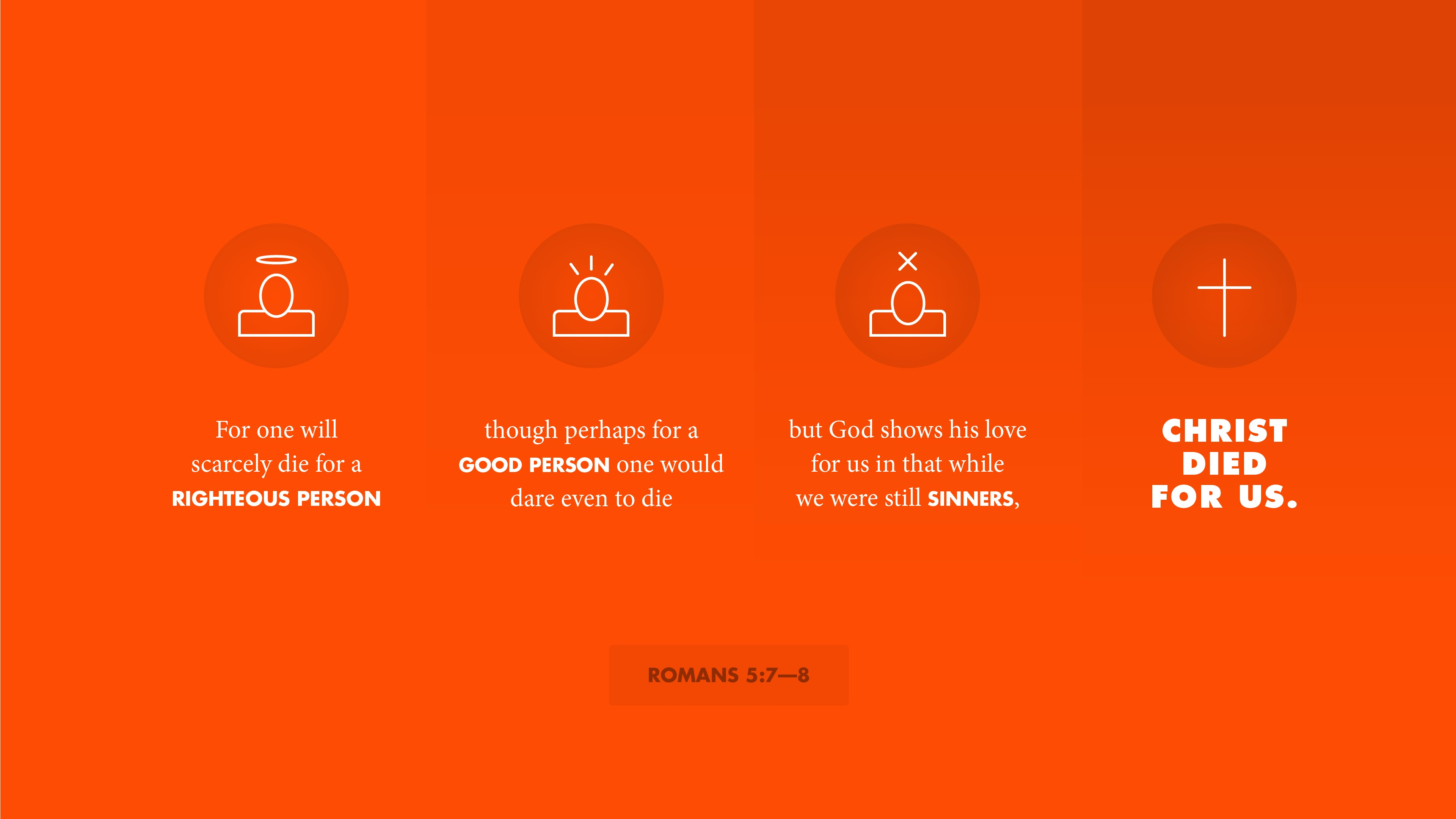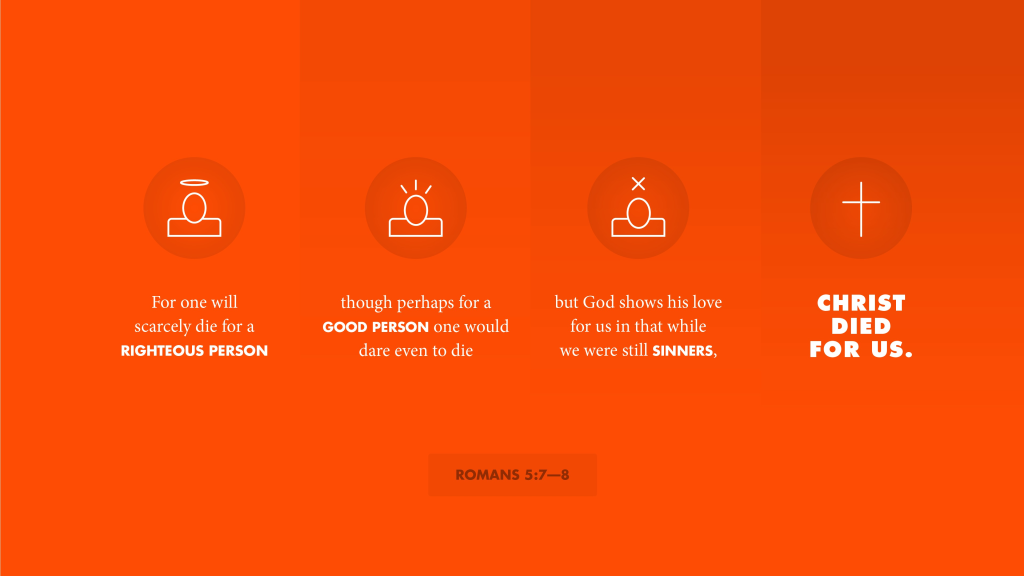My wife and I are currently in the process of finishing up our 2014 taxes. Like the rest of you, we’re busy trying to figure out whether we have all of our tax documents, if we’ve entered all of the information correctly, and if we’ve maximized the greatest possible return on our taxes. Now, I don’t know much about taxes or how they’re calculated. I’ve always just entered the standard information on my W-4 and sort of…hoped for the best around tax season. What I do know is, if I’ve paid more then I’ve supposed to during the year – I get something back. If I were to somehow pay the exact right amount, I wouldn’t get anything back – but I also wouldn’t owe anything. Sadly, I’ve been in the position before where I didn’t pay enough during the year and I end up owing money to the government. Nobody likes that. To be honest, my knowledge about taxes comes down to nothing more than a gamble – I never really know what my return is going to be once everything gets filed.
I’ve talked to a lot of people who – in a similar yet much more significant way – take a gamble on God. Many people have a position towards God – if He exists, anyways – that just trying hard enough to be a good person puts them on right terms with God. You might think, “If I do enough good things, wouldn’t God owe me?” Or, at the very least, “If my good and bad deeds even out, God and I will be neutral, right?” You might even think that it’s only if your bad deeds severely outweigh your good that God would have any business punishing you. Do your best, make people happy, and God owes me one.
Is that right? Or are you taking a gamble?
When we think about God, ourselves, and our relationship to him, we need to think about these things on his terms, not on our terms. Anything less is wishful thinking. So here’s the thing about our good deeds. We tend to think of all of our good accomplishments – whether it is serving a homeless person or smiling to our neighbor – as going above and beyond. We like to think that our good actions are a positive investment that will net us a big return. But the reality is, being perfectly good and obedient is just the baseline of what is expected of us. There is no going above and beyond where good deeds are concerned. The Apostle Paul explains this at length in the Book of Romans when he says, “Now to the one who works, his wages are not counted as a gift but as his due” (Romans 4:7). You owe God perfect obedience and good works, nothing you do is above and beyond the expectations.
But here’s the problem. None of us have ever or could ever say that we’ve had perfect obedience and good work. You might say, “I’m not as bad as ____ (fill that in with whatever your movable standard is),” but that doesn’t mean anything to a perfectly just God. Either you’ve perfectly obeyed, or you haven’t. As hard as it may be to admit, in our heart of hearts we all know that we haven’t been able to do this (Romans 3:23). Even if we could perfectly obey from this moment forward, we would still have a blemished track record that we couldn’t make up for. No matter how hard we try to be a good person, we’ll never be able to pay enough back to God.
You might be saying to yourself, “That sounds ridiculous. Of course nobody can be perfect all the time, how could God punish someone who is relatively good?” The problem with that question is that its relative. Again, if we think in God’s terms and not our own, then we need to be prepared to say that things cannot be relative. Either God is just and punishes sin, or he is the cosmic absent deity who cares very little about your life.
So where do we go from here? Let’s consider again what Paul has to say in the next verse of Romans, “And to the one who does not work but believes in him who justifies the ungodly, his faith is counted as righteousness” (Romans 4:8). What is Paul saying here? Is Paul saying that we don’t need to try to do good at all as long as we believe in something? No, in fact, elsewhere Paul will passionately explain how those who believe must necessarily work as hard as possible to love God and love their neighbor.
What the Apostle Paul is explaining in these two verses is that our forgiveness, our right standing with God, cannot come from what we do. That is impossible, because we can’t do enough to earn that. Our forgiveness and our right standing, must come simply through faith in the one who freely gives that to us. And who is that? Paul explains:
For while we were still weak, at the right time Christ died for the ungodly. For one will scarcely die for a righteous person—though perhaps for a good person one would dare even to die—but God shows his love for us in that while we were still sinners, Christ died for us. Since, therefore, we have now been justified by his blood, much more shall we be saved by him from the wrath of God (Romans 5:6–9).
See, God is not only just but he is also gracious, merciful, and abounding in steadfast love and patience. Yet, every single one of us must face the reality that when we stand before God and hand in all of our documents, we each will owe far more than we will be able to pay. But for the one who comes empty handed, not boasting in his success and earnings, but pleading only the blood of Christ, he can and will be forgiven. His return will not be what he is due, but what is due to Christ – the full inheritance and manifold blessings that are worthy of a son or daughter of God.
So friend, let me ask you: are you taking a gamble with God? Are you banking on your own insufficient merit and knowledge in hopes that you’ve made enough positive investment to get a big return? Acknowledge your inadequacy and ask for the grace and mercy from the one who gives it abundantly, and receive a return worth far more than can be measured: love, acceptance, forgiveness, mercy, kindness, adoption, peace.
—–
I love this scene from the first Middle Earth movie, The Fellowship of the Ring. In this short clip, Gandalf is telling Bilbo that he needs to leave the one ring behind (to later be taken up by his nephew, Frodo). The lure of the ring – Tolkein’s imagery for sin – is too much for Bilbo and it causes him to respond with greed and selfishness at such a request.
Gandalf’s response is both powerful and endearing.
His initial reaction is stern and booming, powerful and strong. He reminds Bilbo of who he is NOT – someone out to harm him. He follows up this somewhat fearful presentation with gentleness and love, reminding Bilbo of who he IS – someone who is there to help him.
I think Christians can learn a lot from this short scene. I’ve written previously on how in Christ we grow and become more of a complete person. In summary of my last post, what I mean by this is that we are being “rounded out” as Christians; we learn to convey a wide variety of emotions because we are being made whole by Christ. We know when to let our emotions out, and we know when to rope them in. This ability comes through growth and faith in our Savior as he makes us more like him.
An additional reflection of this growth in Christ is learning wisdom and discernment for when we should be stern and strong, or gentle and humble. The truth is, the Bible can sometimes come off as being full of dichotomies. Sometimes we see Christ or the Apostle Paul (and many others) speaking in one way, but then at other times we seem them acting or speaking in a way that seems contrary to their previous behavior.
So how do we reconcile these things?
How do we know whether to make a whip of chords and flip tables (John 2:15-17), or gently speak to others about grace and truth (John 4:1-45)?
How do we know whether to strive for unity and destroy divisions in the church (1 Cor. 1:10-17), or to preach strongly against false teachers and their doctrines (1 Tim. 1, 6)?
How do we know whether to encourage love and peace (2 Cor 13:11-12), or to employ sarcastic rhetoric and defend ourselves (2 Cor 11)?
We can learn something here from that wiry old wizard: we need to know when and how to do both.
Too often in this post-modern culture, our desires for peace and “tolerance” work its way into the church, so we’re content with just saying “as long as you claim the name of Jesus, we’re good.” On the flip side, brothers and sisters who are filled with pride and arrogance hatefully and jealously fight and slander one another in a manner that looks anything but Christian. Are these really the only two sides to the Christian reality?
Part of growth as a Christian is learning discernment and wisdom. And as we become more like Christ, we will know when its appropriate to engage in conversations that sometimes require strong and forceful actions, language, and tone. We will also learn when it is appropriate to be gentle, nurturing and soft.
The root of either end of the spectrum is love. We should always be rooted in love, and our actions should always be winsome. Therefore, it is entirely possible for us to contend, fight, defend and argue for the faith and do so lovingly and gently. The Christian defense and contention looks distinctively different from how the world would do it. In contrast, it is quite easy for us to claim peace and unity, but do so in an unloving fashion. While it may appear loving on the surface, at its root our “peaceful and loving” actions are actually rooted in fear of man, insecurity, and a lack of confidence.
The first test to ask yourself in any situation is: am I acting out of love for others that is rooted in Christ? The answer to this question will probably give you a clue as to whether you’ve discerned the appropriate behavior and speech.
As for Gandalf, well, he’s a good example but less than a mere shadow of the One we follow. Seek him, look to him. Believe him. Follow His example.
About once a week, I get a text message from a good friend of mine out of the blue. This week, it read like this: “Half of what causes my heartache on a daily basis is parts of my pride dying on a daily basis.” Simple, sweet, but very true. This one sentence communicates something many Christ-followers can probably relate to – following Christ can be painful, it can hurt. It often means giving up your own desires.
This idea got me thinking, saying things like “Following Jesus can be painful,” or “Following Jesus is dangerous” aren’t exactly attractive phrases that build church attendance. So why would we continue to preach a message that doesn’t initially sound attractive? What does it mean to suffer for the gospel?
Not everyone faces intense persecution in this life. Following Christ will always inevitable come with the sacrifice of your desires and your wants. Why?
Jesus is the great physician, and like any good physician, he diagnoses and heals the sick. When Jesus enters your life, he’s like a surgeon who lays out your very soul on the operating table and he pronounces it “sick, dying, near death.” He informs you that you’re dying from the worst of all diseases and it is eating away at the lifeless shell you call a body. What makes matters worse is your sickness is so severe that it has made you delusional, to the point that you don’t even think you need help. But the surgeon unapologetically asks no questions. He wastes no time. This is an emergency procedure. He takes no time giving you medications to lessen the pain, he has no qualms over what it will cost. This surgery will be painful, and you will suffer.
And like a good surgeon, he begins his operation. He tells you that while you think you have life-giving blood flowing through you, it is actually poison. So he begins hooking up an IV. Immediately the liquid begins to flow. But the solution pumping through you isn’t a clear medicated solution. Its dark, its red, its thick. What is this, you ask this surgeon? “My blood. This is my blood. I’ve shed it for you.“
As his blood begins flowing, he takes out his knife. This isn’t just a small looking knife like you would expect from any other surgeon, it looks more like a machete. It’s large, sharp, and looks more suited for chopping down a tree than operating on a human. “Your pride has made you delusional,” he says “and this will allow me to address the problem.” And with a giant swing, he hacks off what looks like a life-sucking mass and it falls to the floor. Immediately you’re overcome with a realization of your need. You begin to wonder what is wrong with you. “Humility and a realization of your need. It is necessary for life.“
The procedure continues. The pain is extreme. You know you loved your pride, it was what fed your life. You don’t want to give it up. You can’t help but scream and weep. But a new feeling overtakes you, and for the first time you feel a new sense of life beating through you. “What is this,” you ask. “Life. You’re beginning to feel life.”
Having experienced such immense pain and what felt like great personal loss, surely the surgery must be over. You feel content with this new idea of life that is flowing through your veins. Why hasn’t the surgeon let you off the table? He pulls out his smaller knife, a scalpel. What is this new knife for? “I need to get in your heart,” he says. “You have idols in your heart and they’re obstructing the flow of my blood.”
With excruciating precision you can feel the shape of your heart change. Incisions so deep are being made that you can’t fathom why this might be worth it. You begin to think that you might’ve just preferred death.
“The end of the procedure is near now,” he says.
Just a little bit longer.
Finally, the procedure is done. You ask the surgeon to take off the bindings that were holding you down to the table. “What bindings? The only bindings I removed were the ones to bring you here.”
He soon holds up the mirror, and the person you see is not the person that began the operation. You’re astounded by what you see. It’s beautiful. You don’t even remember what you used to look like. You ask for a picture so you can see what you used to be. “We don’t keep those kind of records here.”
You ask the surgeon, “What is this, and what have you done?”
“I’ve made you like me, child.”
But why?
“I put you through all of that pain because I love you, and I’m the only one who could save you.”
Therefore, since we have been justified by faith, we have peace with God through our Lord Jesus Christ. Through him we have also obtained access by faith into this grace in which we stand, and we rejoice in hope of the glory of God. Not only that, but we rejoice in our sufferings, knowing that suffering produces endurance, and endurance produces character, and character produces hope, and hope does not put us to shame, because God’s love has been poured into our hearts through the Holy Spirit who has been given to us.
For while we were still weak, at the right time Christ died for the ungodly. For one will scarcely die for a righteous person—though perhaps for a good person one would dare even to die— but God shows his love for us in that while we were still sinners, Christ died for us. Since, therefore, we have now been justified by his blood, much more shall we be saved by him from the wrath of God. For if while we were enemies we were reconciled to God by the death of his Son, much more, now that we are reconciled, shall we be saved by his life. More than that, we also rejoice in God through our Lord Jesus Christ, through whom we have now received reconciliation.-Roman 5:1–11.




